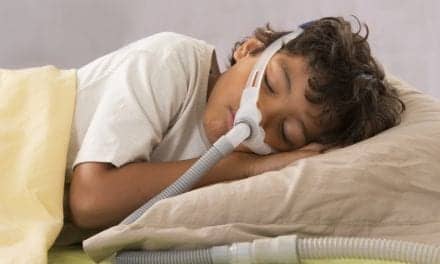Early sleep problems predict repetitive behaviors later in childhood. And toddlers who overreact or underreact to sensory stimuli have more repetitive behaviors and other autism traits later on, reports Spectrum News.
Together, the findings from two independent studies suggest that early behavioral differences may set the stage for restricted and repetitive behaviors, a core characteristic of autism also associated with other conditions of brain development.
The studies also highlight areas for early intervention, particularly if further research identifies causal links between these traits. “Addressing sleep problems might be able to improve trajectories,” says Annette Estes, director of the University of Washington Autism Center in Seattle, who led the sleep study.
Autistic children are twice as likely to have trouble sleeping as typical children. Their poor sleep has been linked to severe traits including severe repetitive and restricted behaviors.
The new study is unusual in that it links sleep problems with a subset of ‘higher-order’ restrictive and repetitive behaviors that include restricted interests, rituals or routines and an insistence on sameness.




